RVing is one of the most popular ways to recreation and traveling. Most people prefer it because it offers the freedom of not sticking to a travel plan. Also, the flexibility is undeniable. You can travel wherever you want while saving money on hotel and transportation costs. But, what about the driving license? Do you need a special license to drive an RV? Well, there is no straight ‘yes’ or ‘no’ answer but the laws are not complicated.
Contents
Do You Need a Special License to Drive an RV?
Unless you’re driving a huge motorhome, you are unlikely to need a separate license to drive RV.
Most states don’t demand the drivers to have a separate driving license unless they are driving RVs weighing 26,000 pounds or more and towing vehicles at or over 10,000 pounds. Also, stay away from RVs that accommodate more than 16 passengers because they are subject to special licensing.
- A Class vehicles – weigh between 13,000 and 30,000 pounds.
- B Class vehicles – weigh from 6,000 to 8,000 pounds.
- C Class vehicles – weigh from 10,000 to 12,000 pounds.
You see, there is no need to procure another license for most types of campers and RVs.
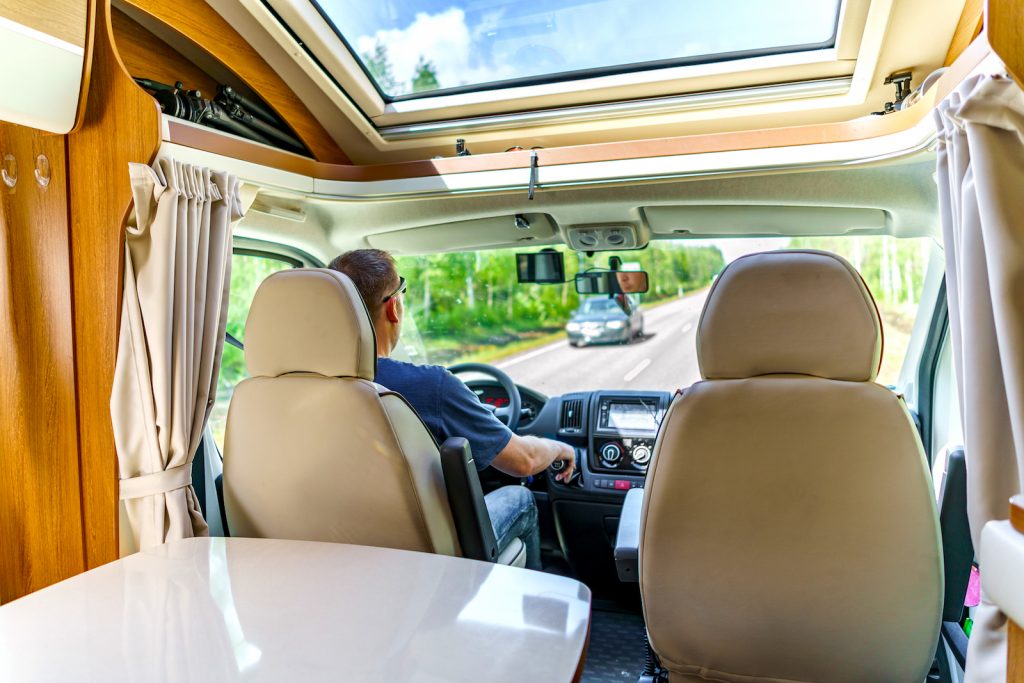
>> Read more: The Cheapest State to Buy RV: Evading Sales Tax and Other Fees <<
What Is a Special License for RV?
Do you need a special license to drive an RV? Yes, sometimes. But, what license is needed to drive an RV?
There are two kinds of licenses – a commercial and non-commercial. Each state has its own rules regarding what type of license the RV drivers have to have. Some states demand them to acquire a commercial driver’s license (CDL), a license required for driving big, heavy vehicles such as tractor trailers and buses. The requirement in other states is a non-commercial license for RVs bigger or heavier than a specific length or weight.
Do You Need a CDL to Drive an RV?
The Federal Motor Carrier Safety Administration (FMCSA) is the institution that regulates the rules and requirements for a CDL. The FMCSA regulations are applicable for only commercial motor vehicles (CMV), excluding vehicles used for recreational purposes and non-commercial functions.
The FMCSA regulations are the minimum requirements that all states must follow when issuing a CDL. However, the states can exert their own rules as long as they are following the FMCSA’s minimum requirements.
Most states don’t require a CDL for driving an RV but the drivers may have to have a special non-commercial license for A and B classes of vehicles.
- Class A – a combination of vehicles having more than 26,000 pounds of GVWR.
- Class B – a single vehicle having over 26,000 pounds of GVWR.
Where You Don’t Require a Special License
If you are living in any of these states or planning to travel there, there is no need to be worried about the license.
- Alabama
- Alaska
- Arizona
- Colorado
- Delaware
- Florida
- Georgia
- Idaho
- Illinois
- Indiana
- Iowa
- Kentucky
- Louisiana
- Maine
- Massachusetts
- Minnesota
- Mississippi
- Missouri
- Montana
- Nebraska
- New Hampshire
- New Jersey
- North Dakota
- Ohio
- Oklahoma
- Oregon
- Rhode Island
- South Dakota
- Tennessee
- Utah
- Vermont
- Virginia
- Washington
- West Virginia
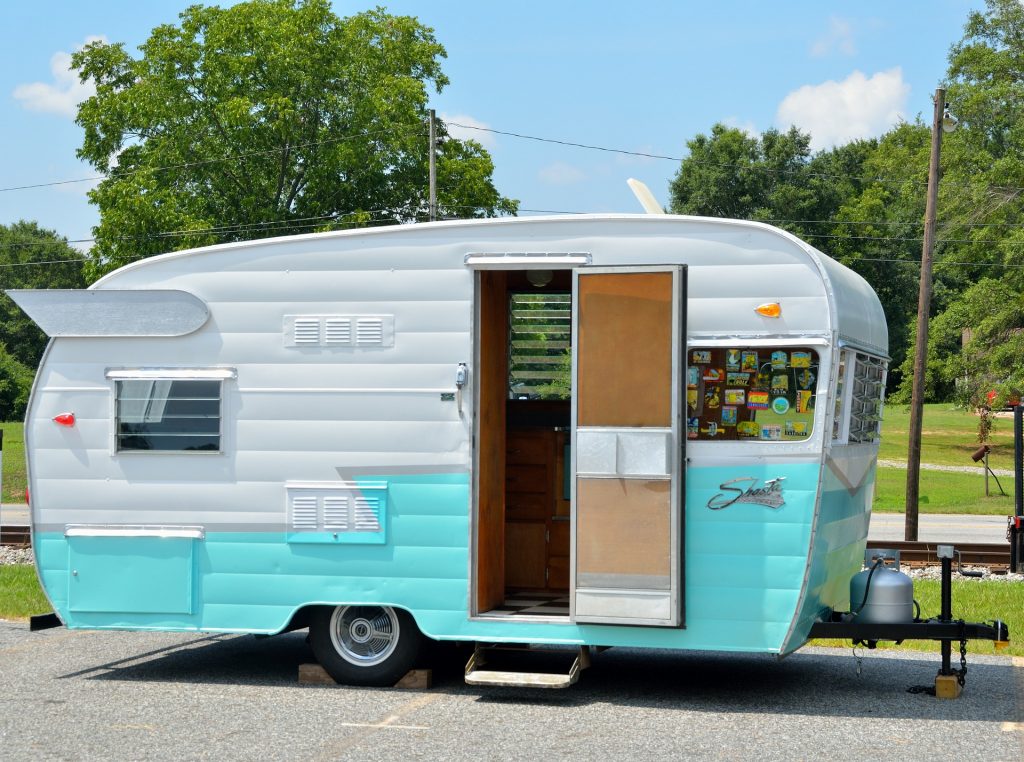
>> Read more: Living In An RV On Your Own Land: Is It Legal Or Not? <<
States Require a Special License for RVs
Do you need a special license to drive an RV? Yes, in some states for specific types of vehicles. Here is a comprehensive list of all the states that want you to have either a CDL or non-commercial license.
|
COMMERCIAL DRIVER’S LICENSE |
NON-COMMERCIAL SPECIAL DRIVER’S LICENSE |
|||
|
State Names |
Types of Vehicles |
State Names |
Types of Vehicles |
|
| Arkansas | Any vehicle weighing more than 26,000 pounds | California | Class A (for towing over 10,000 pounds) and Class B (for more than 26,000 pounds or 40 feet) | |
| Connecticut | Class A and B vehicles | Maryland | Class B vehicles | |
| Hawaii | Class A and B vehicles | Michigan | For towing a fifth wheel and a trailer | |
| Kansas | Class A and B vehicles | North Carolina | Class A and B vehicles | |
| New Mexico | Class A and B vehicles | Nevada | Class A and B vehicles. Also, towing a motorhome more than 10,000 pounds | |
| Washington, D.C. | Class A and B vehicles | New York | Any vehicle more than 26,000 pounds | |
| Wisconsin | Any vehicle with a length more than 45 feet | Pennsylvania | Class A and B vehicles | |
| South Carolina | Class A and B vehicles | |||
| Texas | Class A and B vehicles | |||
| Wyoming | Class A (combined weight is more than 26,000 pounds and towing over 10,000 pounds) and B (a single vehicle weighing over 26,000 pounds and towing less than 10,000 pounds) vehicles | |||
The Final Words
If you still have any confusion whether you need or not a special license for driving your recreational vehicle, check the website of your local DMV. If you want to avoid the hassle of getting an extra license, the simple solution is to purchase or rent a small motorhome, something that is not over 26,000 pounds of weight.
Last Updated on January 1, 2019
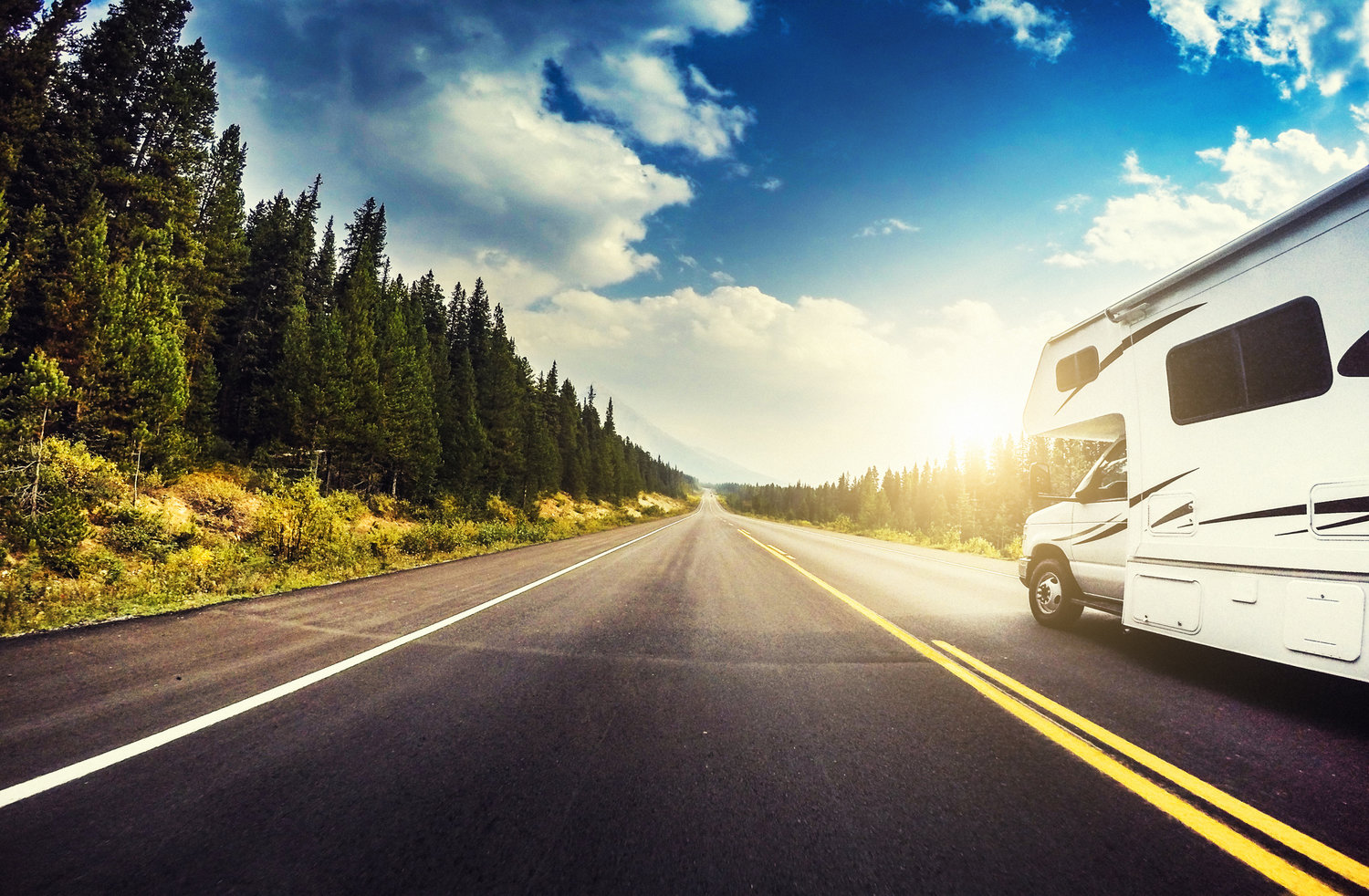
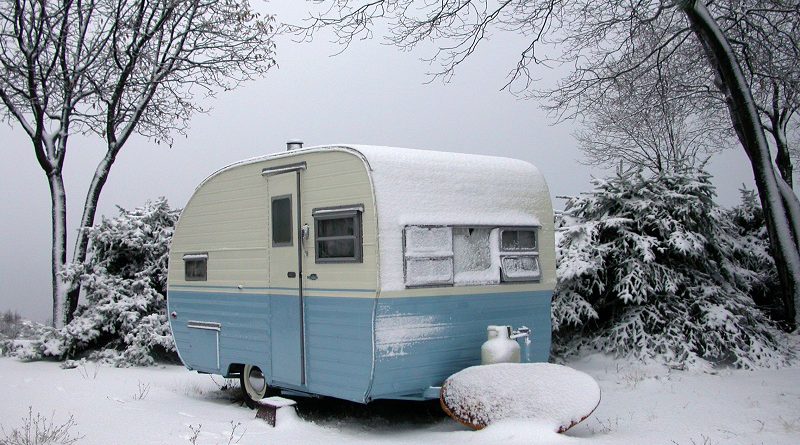

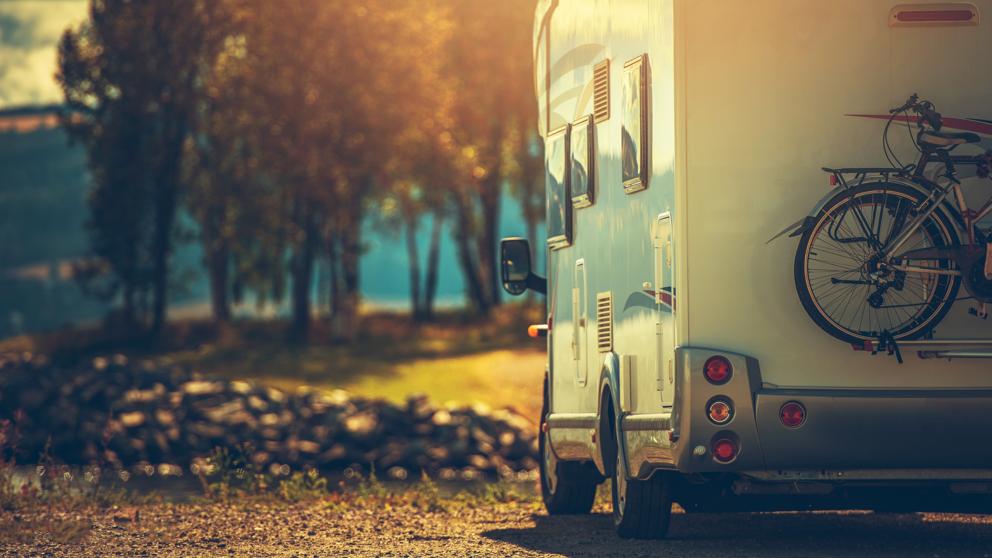
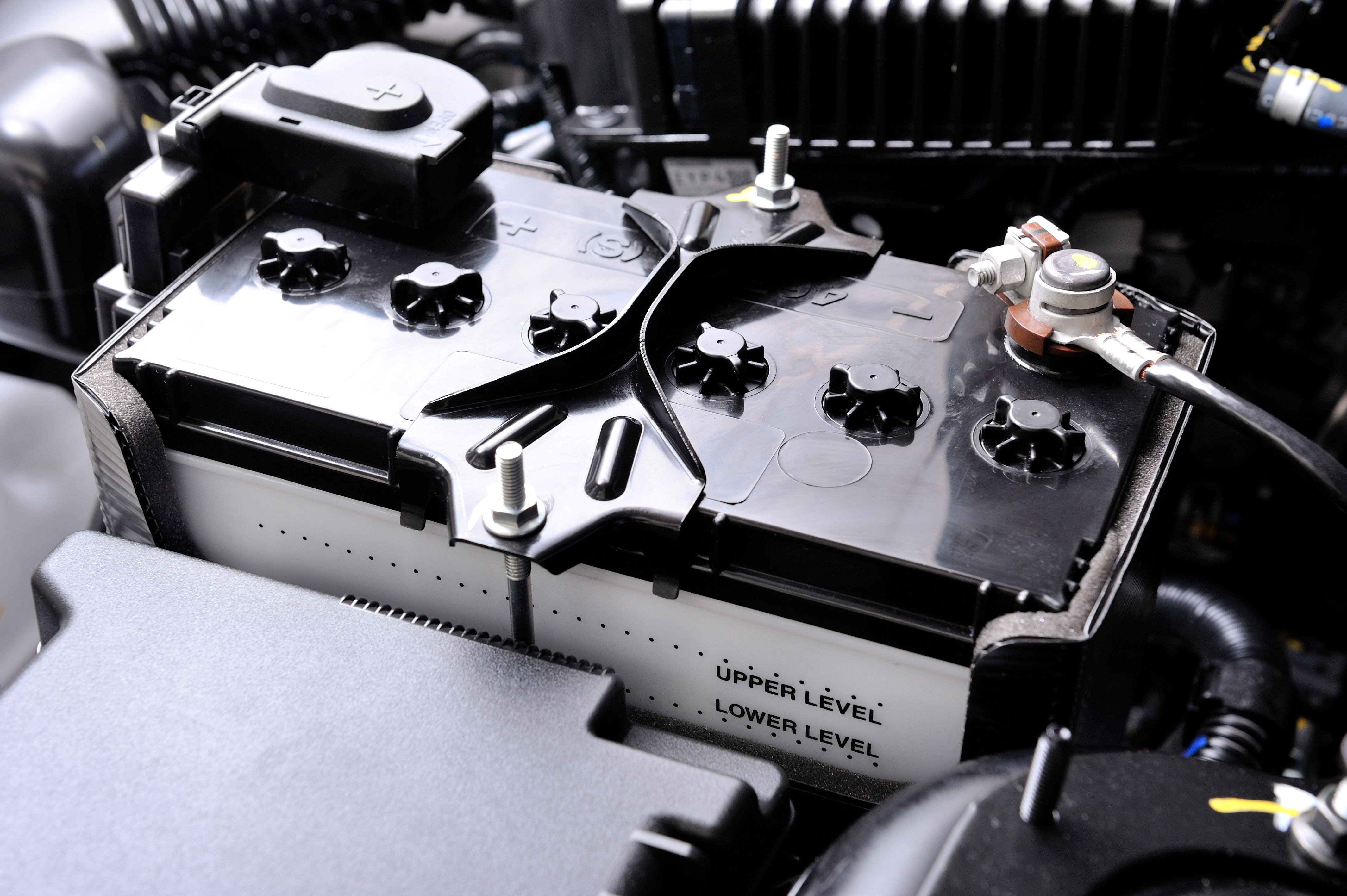
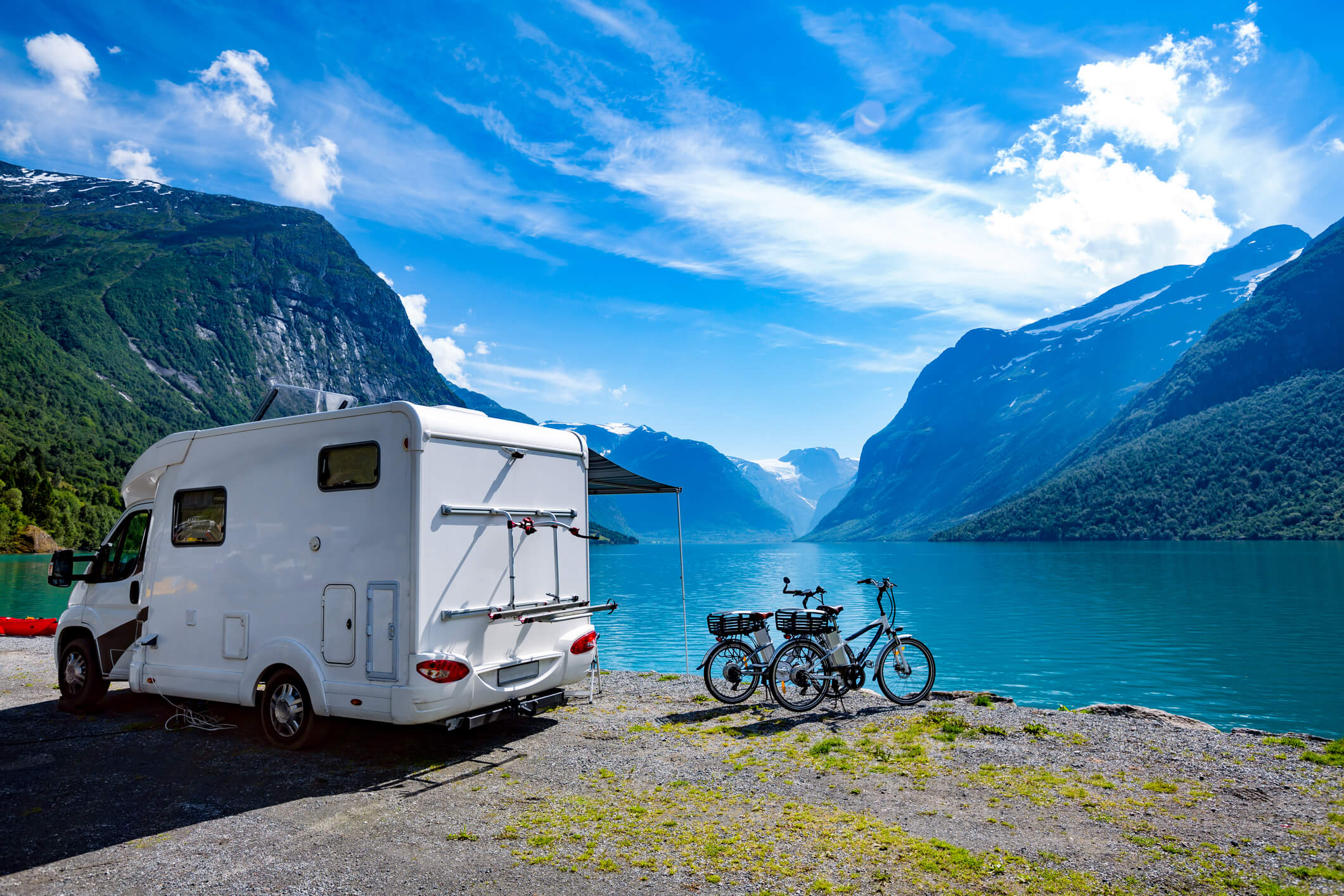
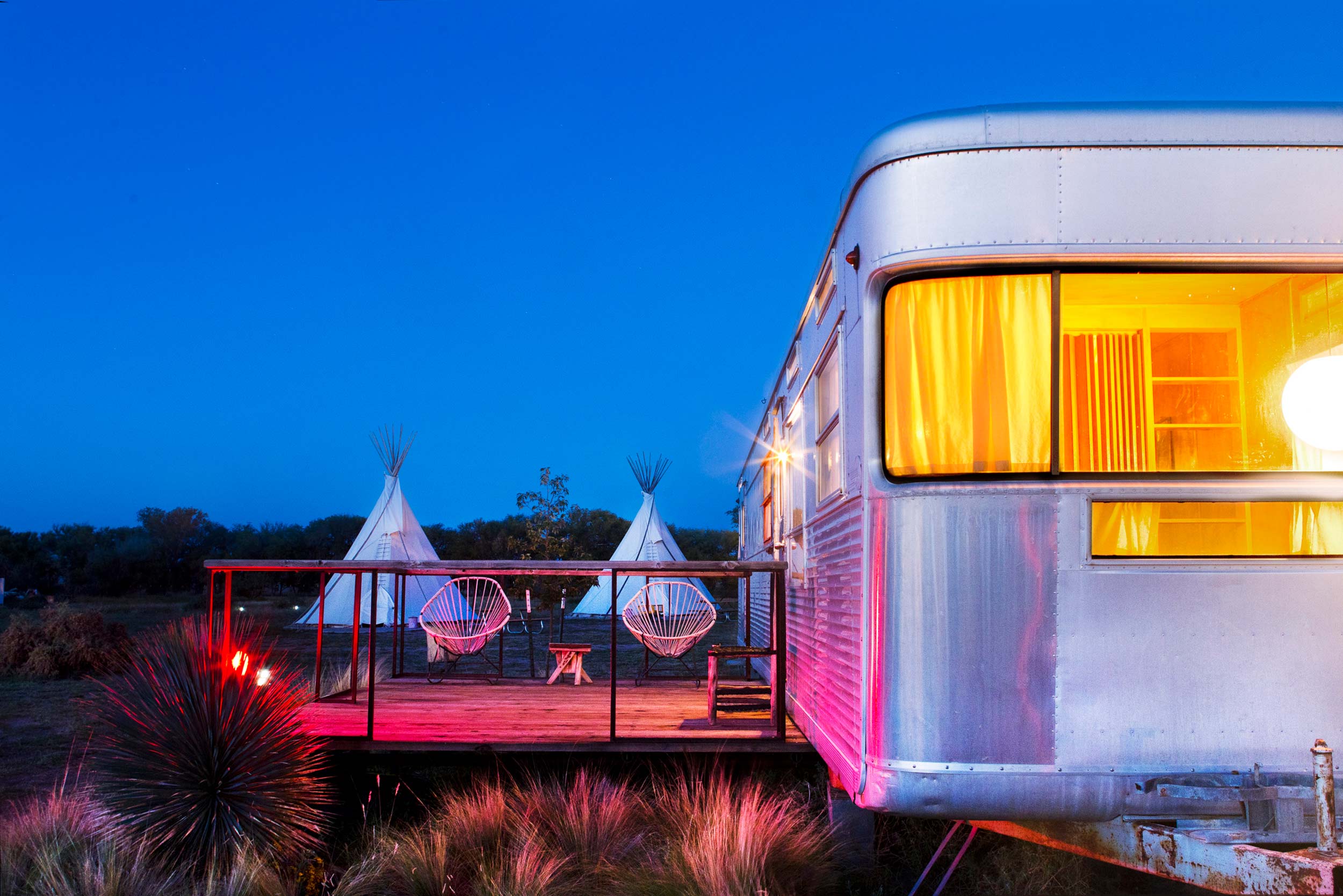
After investigating getting into RV travel we found it more economical to just use modest hotels and motels they were most cost-effective they’re everywhere usually have free breakfast included and if you don’t like one brand you can go to a different one